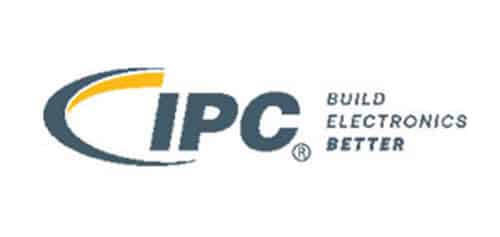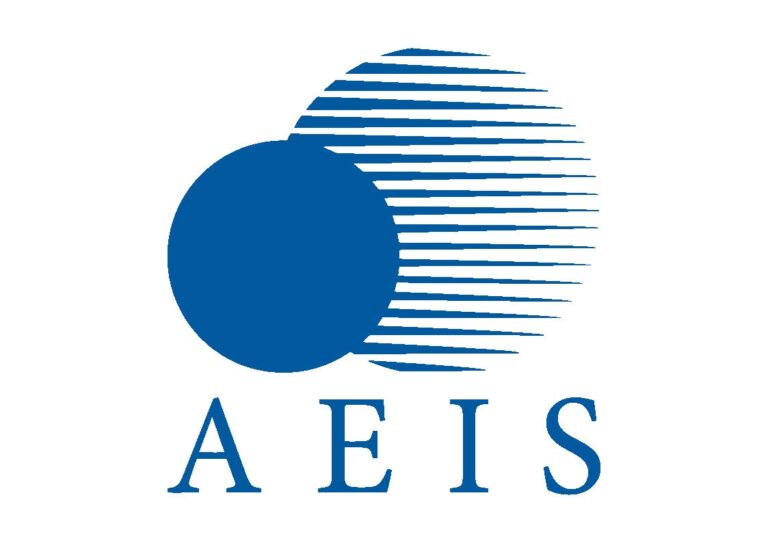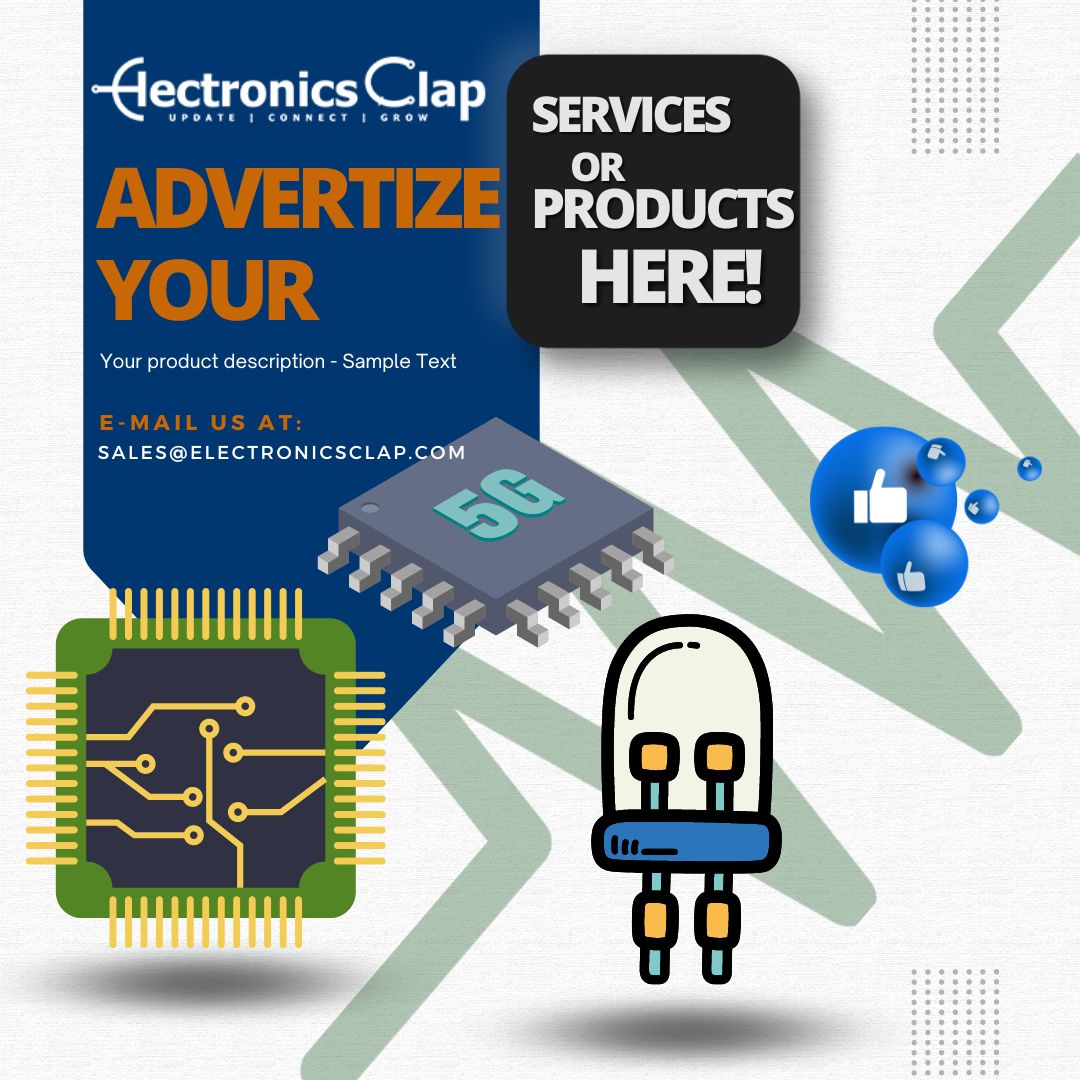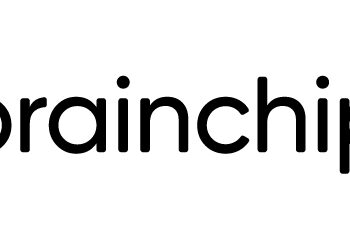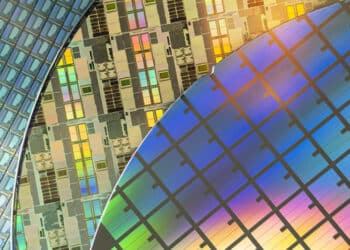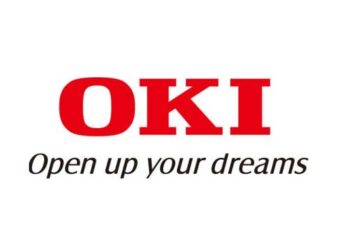California-based AI-driven metal 3D printing firm, Freeform gets major investment from NVIDIA’s NVentures and AE Ventures. Founded by former SpaceX engineers, the company will use this investment to advance manufacturing, where AI and hardware-accelerated computing will together redefine metal production for industries ranging from aerospace to automotive.
As part of this investment, Freeform will join NVIDIA Inception, a program that supports cutting-edge startups, and will leverage NVIDIA’s accelerated computing platform to supercharge its existing AI-driven platform, which provides real-time predictive control over the complex physics of the metal 3D printing process. This approach unlocks new possibilities in metal additive manufacturing that were previously unattainable using traditional methods.
“At Freeform, we are pioneering a transformation in manufacturing, where machine learning and supercomputing converge to make the impossible possible,” said Erik Palitsch, CEO and co-founder of Freeform. “Building on NVIDIA’s technology allows us to push the boundaries of what metal 3D printing can achieve, giving us the power to produce high-quality, digitally verified parts at speeds that were unimaginable a few years ago.”
Freeform’s AI-driven approach marks a pivotal moment for the metal manufacturing industry. By utilizing NVIDIA’s accelerated computing platform, Freeform is building the world’s first AI-native, autonomous metal 3D printing factory. This system integrates advanced sensing, process control, and machine learning to adjust the manufacturing process in real-time, guaranteeing precision and scalability at an unprecedented level.
“Freeform is leading the way toward autonomous manufacturing using accelerated computing,” said Mohamed “Sid” Siddeek, corporate vice president at NVIDIA and head of NVentures. “Their use of real-time AI-driven process controls and cutting-edge metrology systems sets a new standard for metal additive manufacturing.”
The company’s deep-tech platform solves a critical pain point in the manufacturing world: the lack of intelligent process control in traditional 3D metal printing. Today’s methods often result in inconsistent quality and long delays due to time-consuming testing and validation efforts that drive up costs unnecessarily. Freeform’s AI-powered platform learns continuously from each print, allowing it to predict and control outcomes in real time, ensuring every part is delivered with precision, speed, and digital verification.
Freeform is primed to scale its impact across a multi-trillion-dollar manufacturing market. The company will use the new funding to expand its portfolio of printable materials as well as to ramp up production capabilities for industries where quality, speed, and cost are paramount: defense, aerospace, energy, semiconductors, and automotive. The company’s autonomous printing technology is already being embraced by industry leaders like Boeing, which is planning on tapping into Freeform’s capabilities to certify and scale metal parts for commercial aviation and defense in the future.
“To meet the demands of the 21st century, companies need technology that can move as fast as their ideas,” said Eugene Kim of AE Ventures. “Freeform is light years ahead in metal additive manufacturing, offering a scalable, flexible solution that ensures quality at every stage—from prototype to full-scale production. This is the breakthrough the aerospace industry has been waiting for. AE Ventures partnered with the highest levels of Boeing’s technical staff to review Freeform’s printing capability, and we have walked away extremely confident in their ability to revolutionize metal additive manufacturing.”
Freeform’s proprietary technology stack is designed to bring the scalability of software to physical production. By integrating hardware-accelerated compute platforms with machine learning, the company has created a factory architecture that learns and adapts with every print. This is not just incremental progress—it’s a revolution in how metal parts are designed, produced, and delivered at scale.
“The industrial world has operated under the same constraints for far too long,” added Palitsch. “We’re throwing out the old playbook. By combining AI, supercomputing, and advanced sensing, we’re empowering industries to move from concept to mass production at record speed—and at a fraction of the cost.”
